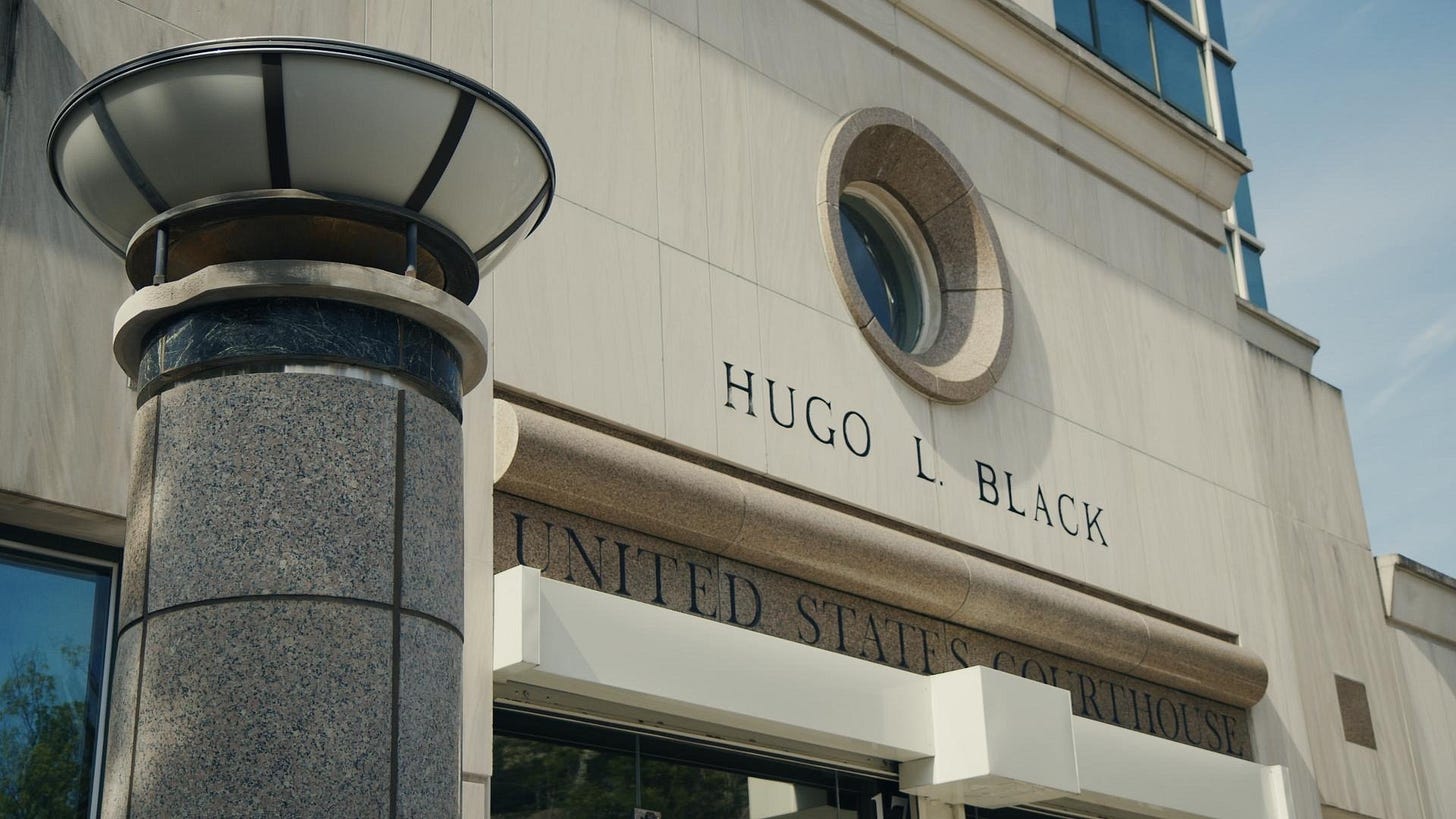Oral Hearings Commence As Alabama Attempts To Block SB1 Lawsuit
How often have you thought about the differences between the word “a” compared to the word “any”? This was one of dozens of arguments around SB 1, an Alabama bill that criminalizes those who assist voters with applying for an absentee ballot in the state. The state of Alabama, represented by Alabama Solicitor General Edmund LaCour, sought to prevent a lawsuit against the recently passed bill from moving forward. The plaintiffs in the lawsuit include the Alabama State Conference on the NAACP, Greater Birmingham Ministries, League of Women Voters of Alabama, and The Alabama Disabilities Advocacy Program. They are represented by the ACLU of Alabama, Southern Poverty Law Center, the NAACP Legal Defense Fund, and Campaign Legal Center.
Oral hearings were heard on Wednesday, July 31st, by Judge R. David Proctor from both the plaintiffs and defense to determine if the state’s attempt at dismissing the lawsuit were warranted. The nearly 4 hour convening was witnessed by a full room as members of nonprofits from around the state and residents passionate about voting rights attended to show their support.
LaCour held little back in the defense’s opening remarks, declaring that SB1 “helps fight fraud and confusion by making sure absentee ballots stay in the hands of voters and not paid political operatives.” He went on to label nonprofit organizations that gave pre-filled applications to elderly, blind, or other voters in need of absentee voting as ballot harvesters and described unverified scenes of Greater Birmingham Ministries employees working in windowless offices with sinister plans to interfere with the rightful electoral process.
Judge Proctor quizzed LaCour about his interpretation on previous decisions including Fort Lauderdale Food Not Bombs v. City of Fort Lauderdale (Rounds 1 and 2), Lichtenstein v. Hargett, and a few other cases of similar nature. The same would later be asked to the plaintiffs, to see if precedent ruled out the many legal points raised in the lawsuit against SB1. Another major focus point was if this new law violated Section 208 of the Voting Rights Act. This takes us back to the “a” versus “any” debate as Section 208 says that “Any voter who requires assistance to vote by reason of blindness, disability, or inability to read or write may be given assistance by a person of the voter’s choice, other than the voter’s employer or agent of that employer or officer or agent of the voter’s union.”
The plaintiffs were equally firm in their opening remarks, with ADAP lawyer Bill Van Der Pol calling SB1 “a legislative fix desperately in search of a problem.” Van Der Pol also took time to emphasize how the state’s Solicitor General continuously tried to paint voting rights groups in Alabama—all of which are accredited 501(c)3’s—as fraudsters and cheats. Other arguments by the plaintiffs included the claim that much of the bill is too vague to be an impactful law, and could lead to unintended consequences including someone being arrested for accepting a pie from their grandmother in exchange for helping her apply for an absentee ballot.
Judge Proctor seemed to quiz both defendant and plaintiffs equally while determining whether the lawsuit should move forward. The defendant had more to prove as they are seeking to dismiss the suit entirely, meaning every single point needed to be shown to have no merit. After the oral hearings were complete, both parties were asked to submit the documents confirming their arguments along with any information the judge asked for during the oral hearings by Friday, August 9th. Now that those documents have been filed, the next step should be a decision on whether or not the lawsuit can move forward.



